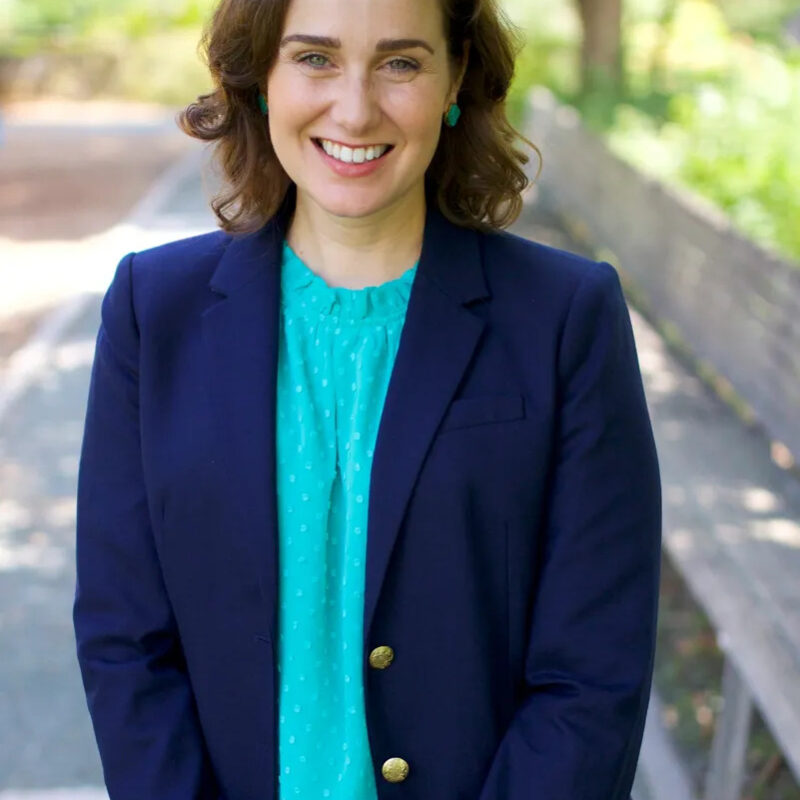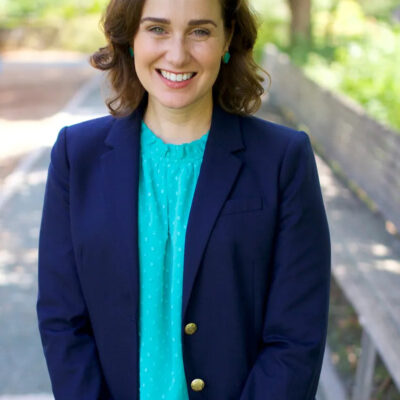A group of local attorneys know him as Judge Paul M. Peatross inside the courtroom. But they also know him as “Mac” from the golf course, the high school basketball court, the campus and the fraternity house. Peatross announced in November that he will retire next year. Now, Peatross’ colleagues and friends speak out on why a few blustery incidents that generated plenty of headlines last year aren’t enough to taint a 21-year judicial career.
 Public defender Jim Hingeley filed complaints against Judge Peatross in 2004 for rude courtroom behavior. Friends say Peatross is a fair, impartial judge, but they won’t remark on his golf game |
Ralph Feil, a civil litigator who played high school sports with Peatross, says, “I’ve known Mac Peatross since high school, so I may be somewhat prejudiced, but every experience I’ve had in his courtroom has been fine and I think that he’s a very good judge.”
Ron Tweel, a family lawyer, has known Peatross since 1964 when the two were Pi Kappa Alphas at Hampden-Sydney College. “No one ever gives Judge Peatross any positive press. It’s just pathetic,” Tweel says. “He’s been a good judge for over 20 years. And all people want to talk about is one or two controversial issues he’s had.”
The aforementioned controversies are a series of complaints filed against Peatross in 2004 by public defender Jim Hingeley and Albemarle Commonwealth’s Attorney Jim Camblos, as C-VILLE reported last year. Peatross’ courtroom demeanor and decisions in two cases were questioned first by the Judicial Inquiries and Review Commission, then by the State Supreme Court. In one incident, from the fall of 2003, Peatross dropped a case when Camblos tried to reduce a charge from a felony to a misdemeanor. In December of that year, Peatross dismissed a public defender from a case because he thought she had rigged a plea deal with the Commonwealth’s attorney.
In his written complaint against Peatross, Hingeley said, “I am faced with a situation where there is a public declaration by a Circuit Court judge that one of the people in my office is unethical and lies to the court.” Hingeley declined to be interviewed for this piece.
Despite the allegations, Peatross was cleared of violating judicial canons by the Virginia Supreme Court in April 2005.
Friends say Peatross’ retirement has nothing to do with the incidents. The judge did not return calls for comment.
Peatross has had two heart surgeries since the ’90s, and became eligible for retirement when he turned 60 last year. “He qualifies for retirement. I think anybody in his situation would be silly not to take it,” says Ed Lowry, a civil litigator who has known Peatross since they both began practicing law in the early ’70s.
“Personally and professionally I felt that the incident was unfortunate,” Feil says. “…For those of us who know him, we know that he’s very ethical, straightforward and fair person.”
Lowry says, “I know there was some controversy last year, but I’d hate to see that define his career.”





